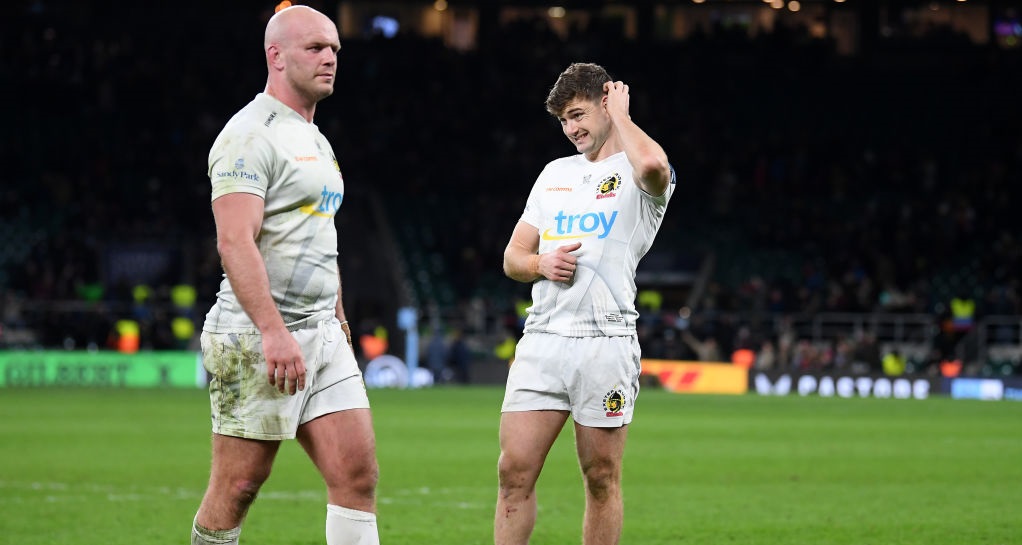Super Rugby imports: 7 northern hemisphere players heading south

For the longest time, Super Rugby has been a league that exports talent as opposed to importing it, but a slew of recent transfers suggests that more Northern Hemisphere players are looking are the league as a potential destination.
Although it’s traditionally not been as lucrative a market for professional rugby players, it’s still very much seen as the most skilful league in the world where imported players can both prove their worth and upskill simultaneously.
There have been pioneers of course down through the years; the likes of Danny Cipriani, James Haskell, Joe Marchant, Geoff Parling, Gareth Delve and more recently Freddy Burns have all bucked the trend by heading south.
Now a new cohort of northern hemisphere rugby talent is swimming upstream to Down Under.
Indeed, Super Rugby Pacific squads have made a total of six international Test players signings. These include headliners like Wales internationals Leigh Halfpenny (Crusaders) and Rhys Patchell, as well as southern hemisphere import Martin Bogado. The Argentina fullback is heading into his second season at the Highlanders.
Former Exeter Chiefs and England nine Jack Maunder is Australia-bound, having signed for the Melbourne Rebels. Maunder earned a cap back in 2017 under Eddie Jones and is presumably looking to re-ignite his career in a different environment.
He isn’t the only English man involved, with former Saracens prop Hayden Thompson Stringer signing for the neighbouring Waratahs.
The imports list also includes the likes of ex-Gloucester stalwart, Tom Savage. The 34-year-old second row has been signed to Moana Pasifika from Suntory in Japan.
Meanwhile, the Queensland Reds have also signed rookie Irish lock Cormac Daly. A former Clontarf player based in Australia, Daly takes up a one-year contract with the Reds after impressing with Randwick in the Shute Shield.
While he grew up in Australia and came through its rugby pathway, English-born winger Harry Potter is returning to Aussie soil from Leicester Tigers, where he impressed across three seasons, scoring 20 tries in 67 appearances as he cast a spell over defenders in the Gallagher Premiership.
While the overall direction of travel is still very much pointed north and will doubtless continue thus, it’s certainly refreshing to see more players moving in the opposite.




































